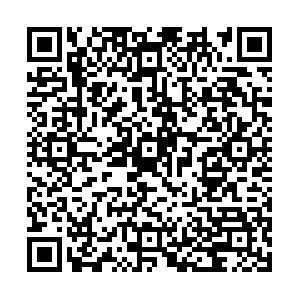当代文学的民族形式建构与世界视野论纲
作者简介:贺桂梅,北京大学中文系教授(北京 100871)
摘要: 如何在历史性的世界局势中重新考察1940—80年代当代文学的发展变迁及其塑造民族形式的基本方式?通过重新界定当代文学、文学性、民族形式、世界(文学)等四个基本概念,当代文学可视为当代中国的一种自我表述实践方式。依据冷战格局中中国社会主义文化建构、第三世界国家主体性塑造和改革开放等不同时期的变化,1940—80年代的中国当代文学呈现为全国化、苏联化、中国化、第三世界化、西方化等五个时段。从主导性文学规范和文学创作实践的角度看,这五个不同时期的民族形式建构具有各自鲜明的特点。这样一种立足当代性视野重构文学史图景的尝试,打破了一些既有的思维定式和研究框架,呈现当代文学如何在历史性与实践性的辩证关系中塑造文化主体性的具体方式,或可为思考21世纪中国文学问题提供历史借鉴和参照。
An Outline of the Construction of National Forms and World Visions in Contemporary Chinese Literature
- Available Online:
2022-12-15
Abstract: This article attempts to re-examine the transformation of contemporary Chinese literature from the 1940s to the 1980s and its basic ways of shaping national forms in the context of a historical world conjuncture. By redefining the four basic concepts, contemporary literature, literariness, national form, and world (literature), this article views contemporary Chinese literature as a form of self-expression practice in contemporary China. Based on the different contexts and periods, such as the construction of Chinese socialist culture during the Cold War, the shaping of subjectivity in Third World countries and the reform and opening up, the article describes contemporary Chinese literature in 1940s to 1980s from five units, nationalization, Sovietization, Chinalization, Third Worldization and Westernization, and outlines the main characteristics of the construction of national forms in each unit from the perspective of dominant literary norms and literary practices. The reconstruction of the literary landscape based on the contemporaneity attempts to break the previous established stereotypes and frameworks, presenting the concrete ways in which contemporary Chinese literature shapes the cultural subjectivity in the dialectical relationship between historicity and praxis, and thus provides historical reference for thinking about Chinese literary issues in the 21st century.

 点击查看大图
点击查看大图


 下载:
下载:
 沪公网安备 31010102003103号
沪公网安备 31010102003103号